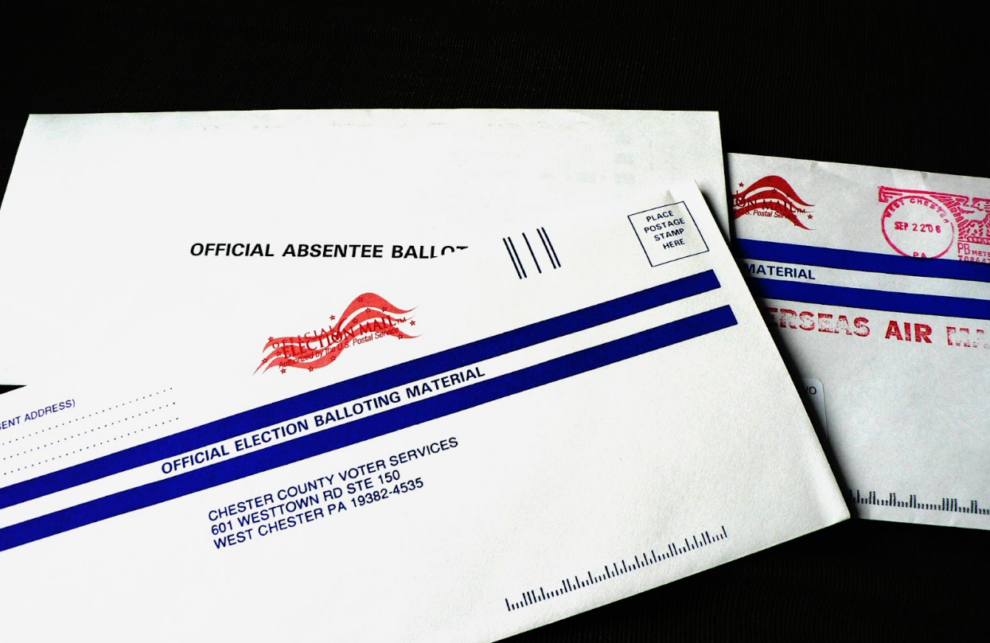Lawyers for the American Civil Liberties Union and the Public Interest Law Center have taken a state law requiring voters using mail-in ballots to write in the date the ballot is completed to court, saying it “serves no real purpose.”
The lawsuit filed earlier this year, if successful, will end “the practice of disqualifying mail-in ballots” that lack a handwritten date on the external envelope. Advocates for its repeal argue it is an “arbitrary” requirement that has “disenfranchised tens of thousands” of Pennsylvania voters.
It is currently being heard by a Commonwealth Court.
Yet a federal appeals court previously upheld the requirement, saying it did not violate the 1964 Civil Rights Act, which was the central claim of critics’ argument. The federal court ruled the Civil Rights Act was meant to protect voter registration and that nothing in the law in question prevented or restricted voting registration for citizens.
Under a 2019 state law, Pennsylvania voters now have the ability to request mail-in ballots without a reason for doing so. Voters can begin requesting ballots now, though they will not be delivered in the mail until October.
The current lawsuit, brought by nine advocacy groups, having lost the case on the grounds of the federal Civil Rights Act, now argues the date requirement statute violates the state constitution, which says “no power, civil or military, shall at any time interfere to prevent the free exercise of the right to suffrage.”
Proponents of the dating requirement argue it serves “as a backstop for failures in the election office’s system of recording when ballots are returned” and that it “drives home the solemnity of the voter’s choice to vote by mail rather than voting in person.”
Defenders also argue the statute serves as a deterrent, saying the requirement to date the ballot’s envelope prevents potential fraud when a rejected ballot is challenged.
Regardless of the outcome of the lower court’s ruling, it is expected to be heard by the state’s Supreme Court and could possibly have an impact on voting processes.











